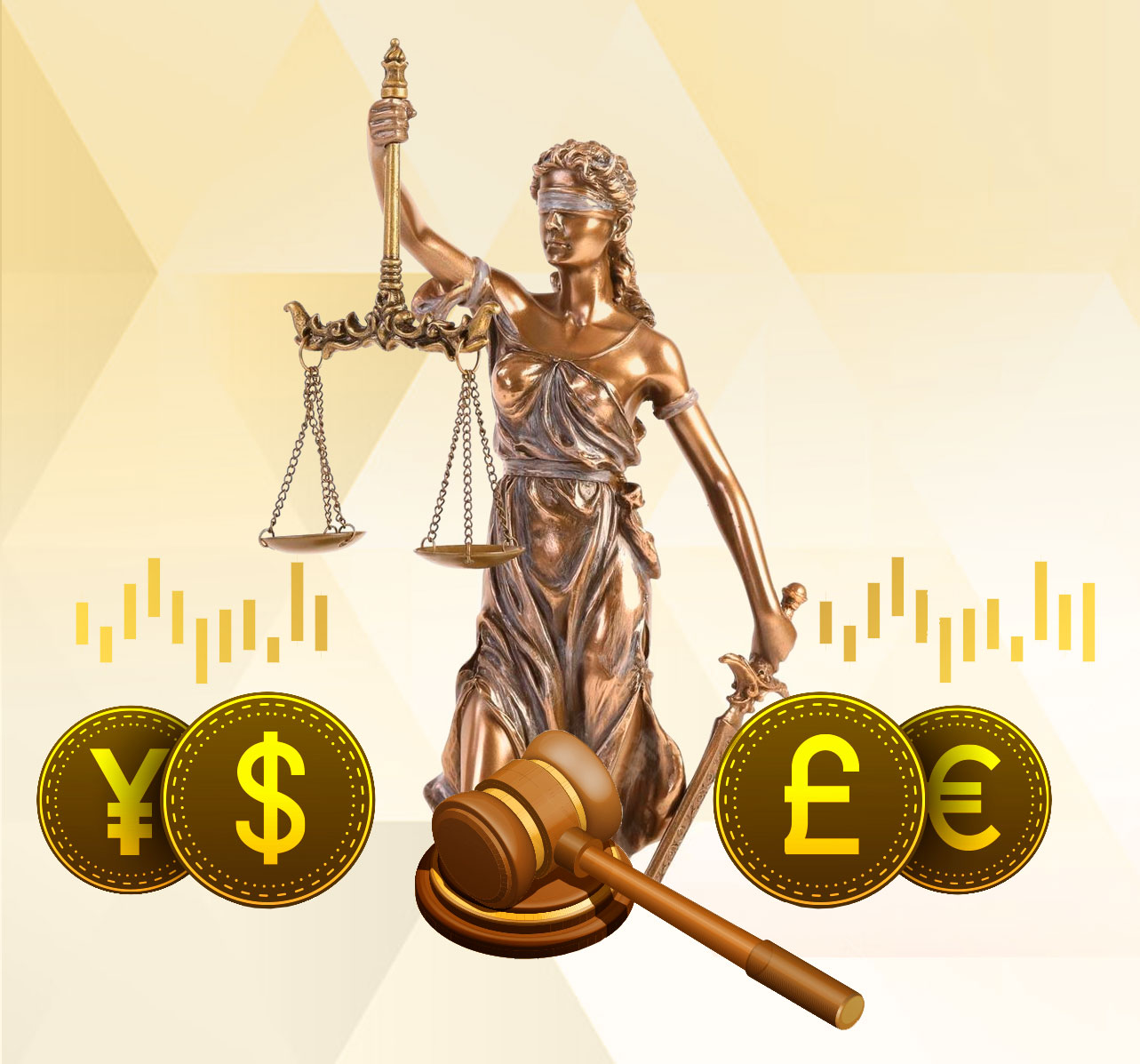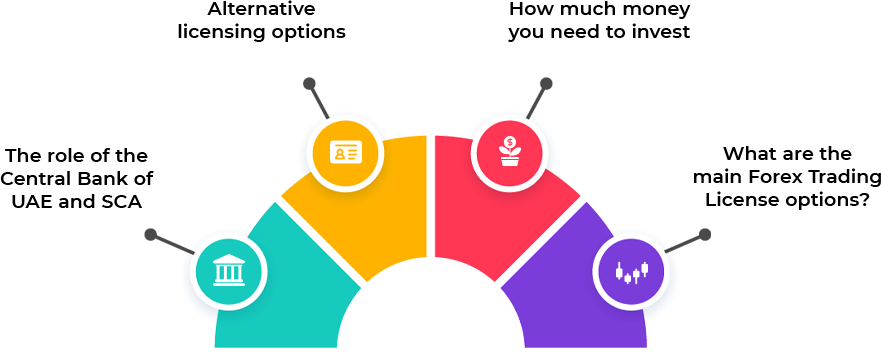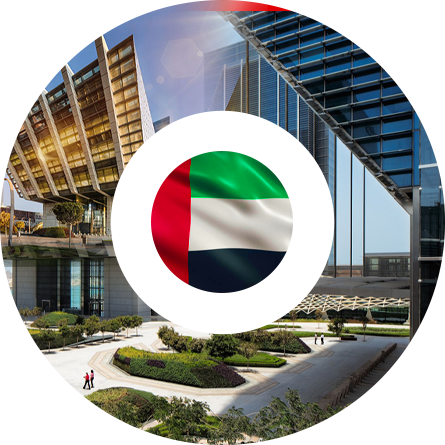There is no single global body governing the forex market to
police the massive 24/7 market.
Instead, several governmental and independent bodies supervise
forex trading around the world.
The supervisory bodies regulate forex by setting standards that
all brokers under their jurisdiction must comply with.
These standards include being registered and licensed with the
regulatory body, undergoing regular audits, communicating certain
changes of service to their clients, and more.
Licensed forex brokers are subject to recurrent audits, reviews
and evaluations to ensure that they meet the industry standards.
This helps ensure that currency trading is ethical and fair for
all involved.
Every country has its regulatory authority that lays down the
framework of rules that are to be complied with when operating in
the forex trading market.
Each forex regulatory body operates within its own jurisdiction
and regulation and enforcement vary significantly from country to
country.




